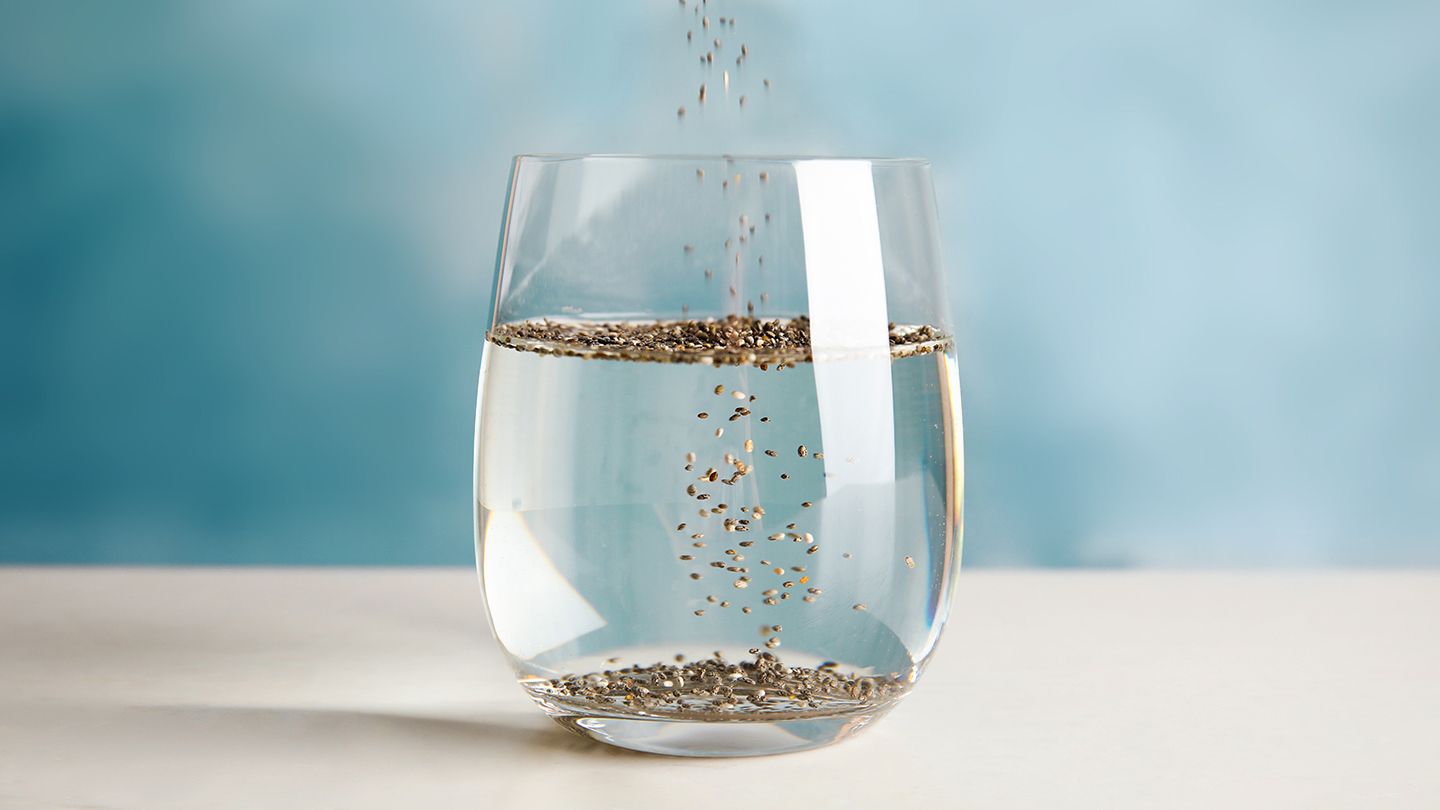
Our resting metabolism slows as we age. In this way, it is possible to lose weight in your 20s and 30, but not in your 30s. Sleep deprivation can affect your body's natural hormonal balance, leading to a craving for high-calorie, fatty foods. Lack of sleep can cause weakness, which can affect your ability to exercise and lose weight. These are some ways to lose weight in your 20s and 30,
Metabolic changes
You have already gone through puberty and experienced growth spurts. Your metabolism hasn’t changed but your weight. Your body continues to burn calories in order to build muscle and strengthen your bones. It may prove more challenging to reach your weight loss goals than it was in your 20s. There are ways you can maintain a healthy metabolism while still young and lose weight.
Your metabolism slows by about 2 percent every ten years after age 25. In order to maintain your weight, you need to cut down on your caloric intake. For example, a woman who used to consume approximately 1,800 calories per day must reduce her caloric intake by 2 percent to maintain her weight. You may also notice problems with muscle growth, erectile dysfunction, depression, and other symptoms.

Weight gain
You may not have realized it, but you can begin to gain weight after your 20s, even if you've already lost a substantial amount of weight. You won't be able to see the changes in your body's distribution or weight on your face. As you age, your facial "baby fat," the fatty deposits on your cheeks, will start to disappear. This decrease is caused by a variety factors, including hormonal changes as well metabolic changes.
According to CDC statistics, adults average one to two pounds of weight gain each year after losing weight in their 20s. That's an average gain of 10 to 20 lbs per decade. This adds up over 40 lbs in your early 50s. This is normal for most adults. However women who have trouble maintaining their weight after middle age blame hormones, or their slow metabolisms. This is when a woman's weight increases from 162 to 172 pounds. The CDC methodology focuses on national data rather than self-reporting.
Hormonal and hormonal changes
Young women in their 20s may experience hormonal changes. Hormones play a major role in many functions of the body, including our mood and sexual health. Many young women are unaware that they have hormonal imbalances. Fortunately, Bangkok's leading hormone imbalance treatment clinics can help you find relief for your symptoms. Continue reading to find out how our hormone treatments work.
Although hormones regulate your metabolism, there's more to your weight than that. An active lifestyle, which includes adequate rest, eating healthy food, and managing your anxiety levels, will help regulate your hormone levels. A professional can perform hormone testing to diagnose the problem if you are concerned about your hormones not functioning properly.

Exercise
Teenagers are likely to have limited time for exercise. Establishing an exercise regimen now will pay dividends in the future. Young people are always on the go, busy with work and school, and lacking time for a workout routine. Doctors and fitness specialists recommend that you start exercising in your 20s, while you're still energetic and fit. It's easy to feel intimidated about the prospect of working out. But just 30 minutes per day of cardio can make all the difference.
To achieve the best results in fat loss, you should combine strength training and cardio during your 20s. Cardio exercises work better for younger individuals, because they contain more lean muscle. Combining cardio and strength training is possible with high-intensity intervals training and strength circuits. This time is when your body's metabolism and recovery skills are at their highest. It is important to lose fat and establish healthy habits.
FAQ
Can I eat the fruits of my intermittent fasting diet?
Fruits are great for your health. They provide vitamins, minerals, fiber, antioxidants, and other nutrients. However, they also contain sugar which can cause blood glucose levels to spike. This can lead to insulin resistance and weight gain. If you are looking to lose weight through an IF diet you need to choose low glycemic-index fruits such as oranges, pears, berries and melons.
Can intermittent fasting interfere with my sleep?
Yes, intermittent fasting can have an impact on your sleep. If you skip meals, your hunger hormones will increase. You might wake up every night as a result.
Experts suggest skipping breakfast. Instead, they suggest having a light snack before bedtime.
If you still feel hungry after eating this snack, you may want to eat a small breakfast before going to bed.
Don't overeat. If you do, you will gain weight rather than losing it.
How long should I fast intermittently to lose weight
It's not as easy to answer as you might think. There are many factors that need to be taken into consideration when deciding how many days of fasting is necessary for optimal fat loss. These are:
-
Your age. You may find intermittent fasting too difficult if you're younger (under 40) because you have less time between fasts. If you are older than 60, you might find it difficult to maintain a prolonged period of daily fasting.
-
Your current body composition. Longer periods of fasting are more beneficial if you have a lot muscle mass. For those with less muscle mass, however, you may be able to benefit from shorter fasting times.
-
How physically active. Regular exercise may mean that your fasting window needs to be extended to allow you to get sufficient rest between sessions.
-
Your health history. Extra fasting may be necessary for people who have heart disease, diabetes, cancer, or other medical conditions.
-
What is your tolerance for stress? Stressful situations often make us eat less. This problem can be avoided by increasing the length of your fasting periods.
-
Your diet. Certain diets, like ketogenic diets, may require even longer fasting periods.
-
The quality of your sleep. Lack of sleep has also been linked to increased appetite and decreased metabolism. It could take some experimentation to discover the best method for you.
-
The amount you eat of protein. Protein helps stabilize blood sugar levels, which means that eating more protein could potentially lead to lower insulin levels. This would allow you to fast for longer periods of time.
-
Whether you're trying to gain or lose weight, people who are trying to gain weight usually require longer fasting periods than those who are trying to lose weight.
-
What proportion of calories do your fasting hours allow you to consume? Fasting fewer calories per day may result in greater fat loss than fasting for more calories per day.
-
Your overall fitness level. The metabolic rate of fast people who are fit is higher, which means they burn more calories each day.
-
Your gender. Men are more hungry than women so they may have to fast for longer periods. Women are more likely to have smaller appetites and may need to fast only 20-30 minutes every day.
-
Your lifestyle. Are you someone who is active? Do you work out several times a week? Does your job involve sitting at a desk all day long? All these factors can have an impact on how much time you should speed.
-
How much money are you willing to spend on food? Healthy eating doesn't mean you have to spend a lot on groceries. You can save money by buying whole grains instead of white bread, fruits instead of candy bars, and lean meats instead of fatty cuts.
-
How important it can be to control your appetite. You don't have to skip meals if you don’t want to.
What can I drink during intermittent fasting in the morning?
Water should be consumed first thing in the AM. You feel fuller faster and have more energy throughout the day. Add lemon juice or cucumber pieces to spice it up.
Can cardio exercises help me lose weight quickly?
Cardio exercises can be great for burning calories but not necessarily helping you lose weight. It all depends on how much weight you have and what type of exercise you do.
If you're overweight, then cardio exercises may not be enough to burn off all those extra pounds.
These should be combined with diet and other forms of exercise.
For instance, if you want to lose weight fast, you should perform cardio exercises like jogging or running. These types of exercises burn more calories per hour than any other exercise.
However, resistance training is required if you wish to build muscles and not lose weight. Resistance training requires the use of free weights and machines as well as elastic bands.
Combining cardio exercise with resistance training is a great way to lose weight quickly.
For fast weight loss, combine resistance and cardio training.
Statistics
- A 12-week study in 20 women with obesity found that walking for 50–70 minutes 3 times per week reduced body fat and waist circumference by an average of 1.5% and 1.1 inches (2.8 cm), respectively (healthline.com)
- Among women, the increase in metabolic rate was nearly 4%, or 50 more calories per day (14Trusted Source (healthline.com)
- One study in 9 active men found that HIIT burned 25–30% more calories per minute than other types of exercises, including weight training, cycling, and running on a treadmill (18Trusted Source (healthline.com)
- According to Harvard Health, it's estimated that a 155-pound (70-kg) person burns roughly 112 calories per 30 minutes of weight training (5). (healthline.com)
External Links
How To
How to lose weight quickly without exercising
It is best to eat less calories than you burn to lose weight quickly. This will cause your body to start burning fat stores for energy. Your body will start to reduce muscle tissue for energy if you don't eat enough calories. If you don't exercise while dieting, you can still lose weight. But you will probably lose even more.
To lose weight quickly and without exercising, you need to cut down on your calorie intake. People believe they must reduce their food intake to lose fat. This is false. When you're trying to lose weight, you want to make sure you're eating fewer calories than you're burning. So what should you be eating each day? It depends on how much you exercise each day. A person who walks 3 miles a day would need only 2,500 calories per day. For someone who sits at their desk all day, they would need approximately 1,600 calories per days. A person who exercises frequently (like lifting weights), would only need about 1,600 calories per day.
You should reduce your caloric intake if you want to lose excess weight. Many people believe that they need to eat less because they feel starving. This is not true. Your body doesn’t care about whether you’re hungry. It simply wants to function correctly. In order to lose extra weight, it is essential that you keep track of how many calories you consume. Many apps online allow you to track calories. MyFitnessPal is one of the most popular apps.